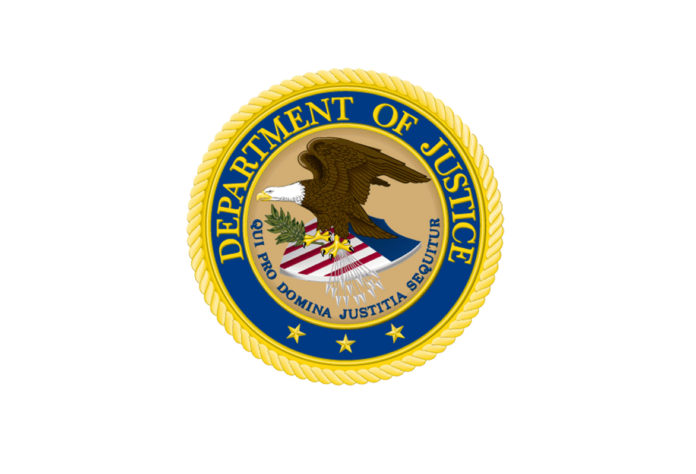WASHINGTON, D.C. – The Department of Justice has selected an additional 16 tribes to participate in the expansion of the Tribal Access Program for National Crime Information (TAP), a program that provides tribal governments with means to access, enter and exchange data with national crime information systems, including those maintained by the FBI Criminal Justice Information Services (CJIS) Division.
“The Department is committed to strengthening our government-to-government partnership with tribal nations, including providing critical access to criminal databases through the Tribal Access Program,” said Deputy Attorney General Lisa O. Monaco. “With today’s announcement, 16 additional participating tribes will be able to register sex offenders, protect victims of domestic violence, prevent prohibited persons from obtaining firearms, and help locate missing people.”
The program provides training as well as software and biometric/biographic kiosk workstations to process fingerprints, take mugshots, and submit information to CJIS systems. With these additional tribes, there are now 123 federally recognized tribes participating in TAP.
The Department of Justice began TAP in 2015 in response to concerns raised by tribal leaders about the need to have direct access to federal systems. The following tribes have been newly selected for participation in TAP:
- Chickaloon Native Village
- Hoh Indian Tribe
- Kickapoo Traditional Tribe of Texas
- Lower Sioux Indian Community in the State of Minnesota
- Oglala Sioux Tribe
- Otoe-Missouria Tribe of Indians, Oklahoma
- Paiute-Shoshone Tribe of the Fallon Reservation and Colony, Nevada
- Poarch Band of Creek Indians
- Prairie Island Indian Community in the State of Minnesota
- Pueblo of Santa Clara, New Mexico
- Puyallup Tribe of the Puyallup Reservation
- Quapaw Nation
- Robinson Rancheria
- Santee Sioux Nation, Nebraska
- Skokomish Indian Tribe
- Three Affiliated Tribes of the Fort Berthold Reservation, North Dakota















































